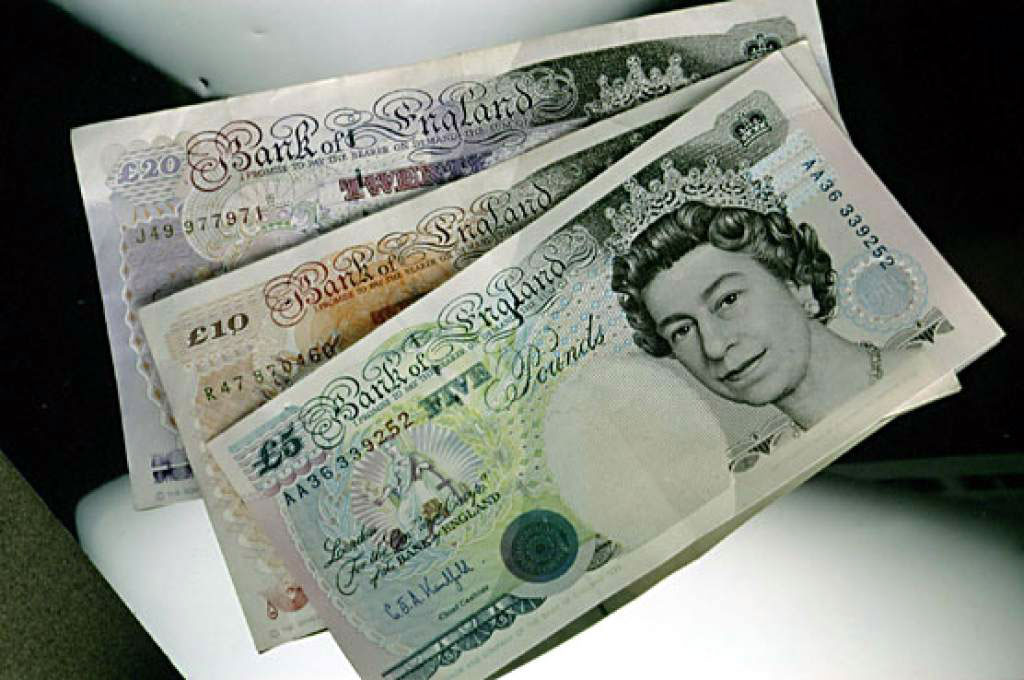Sterling builds on gains as traders slash no-deal Brexit concerns

Sterling cemented this week's surge on Wednesday as investors bet that a no-deal Brexit was looking far less likely and that Prime Minister Theresa May's government would delay Britain's departure from the European Union.
With the risk of a disruptive no-deal Brexit falling, according to the view of traders and fund managers, sterling has hit its highest against the dollar since September 2018 and its best level versus the euro since May 2017.
The British prime minister on Tuesday offered lawmakers the chance to vote in two weeks for a potentially disorderly no-deal Brexit or to delay Britain's exit from the EU if her attempt to ratify a divorce agreement fails.
With a majority of lawmakers believed to oppose a no-deal Brexit, May's move opens up the possibility of a delay, removing the immediate threat of a disorderly exit on March 29.
The pound rose 0.3 percent to as high as $1.3286 in early European trading, while against the euro it firmed 0.2 percent to 85.795 pence per euro, slightly below Tuesday's highs.
Sterling has enjoyed a marked rise so far in 2019, notching up gains of 4.5 percent versus the euro.
Still, there remains a great deal of uncertainty around when Britain will leave the trading bloc and on what terms.
"Given the developments of the last few days, an extension is becoming more likely," Amundi Asset Management said in a statement, cautioning that it was preparing for a "several months extension with prolonged uncertainty, not the technical extension that would very probably come with a deal scenario".
Two-month sterling/dollar implied volatility - a measure of expected price swings in the exchange rate - is approaching three-month lows as concerns of a no-deal Brexit ease. Two-week implied volatility nudged higher as traders hedge the risks around the March 12 and March 14 parliamentary votes.
May has said if Brexit is delayed, it must be a short delay because the EU has said Britain must hold European elections if it is still a part of the bloc beyond July 2.
Marshall Gittler, currencies strategist at ACLS Global, said May would use that deadline to give members of parliament (MPs) an ultimatum.
"Her strategy is to take Britain to that cliff edge and say "now it's either my deal or no deal," and hope that MPs vote for the deal. I think that might work, which would be positive for GBP. But it's a hell of a way to run a country," he said.























Comments
Comments are closed.